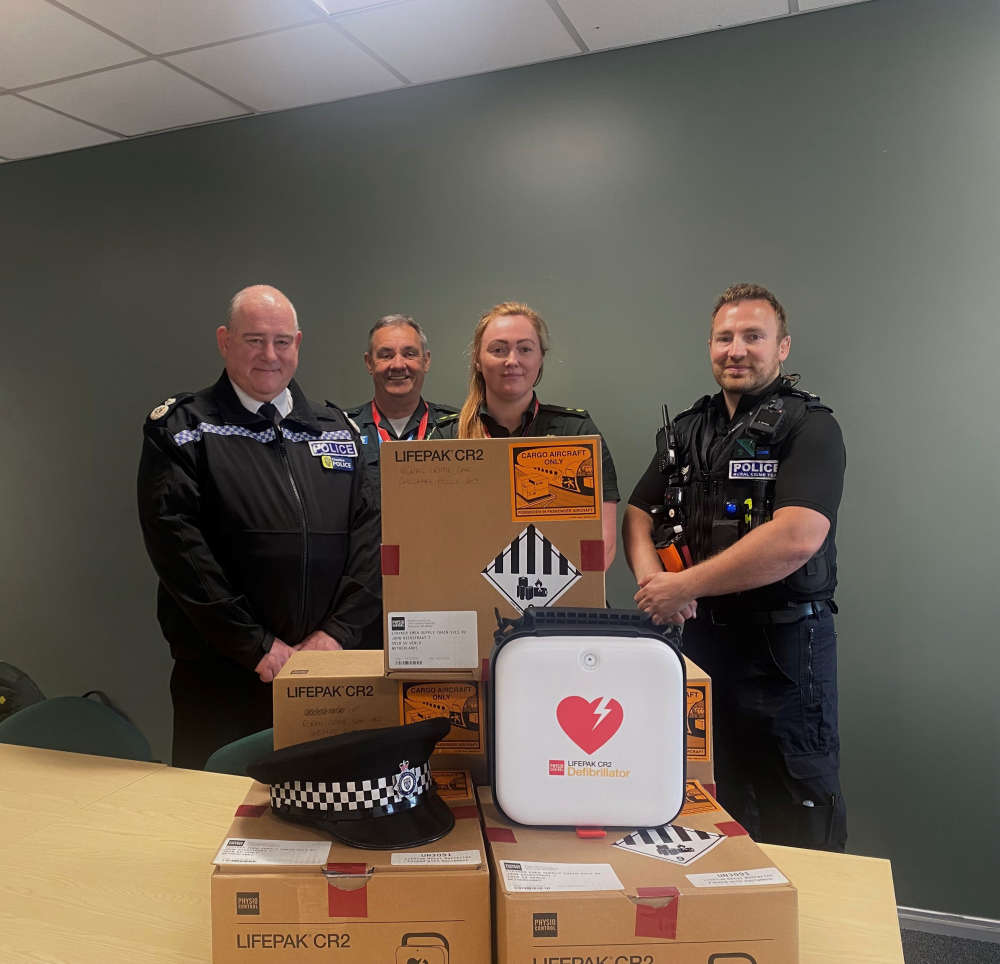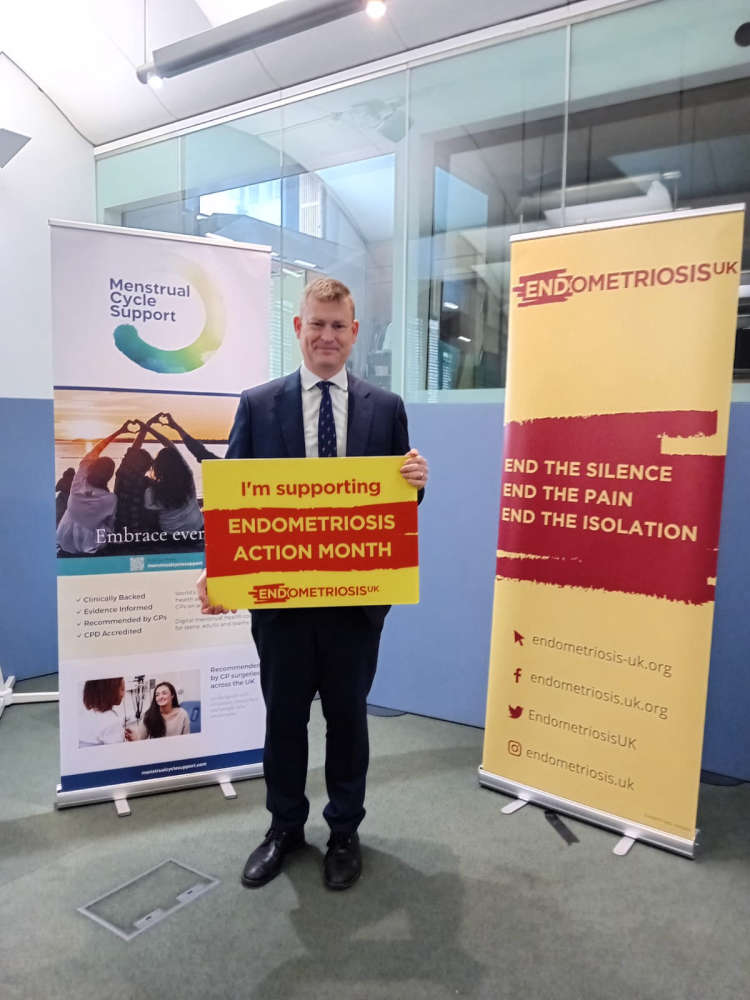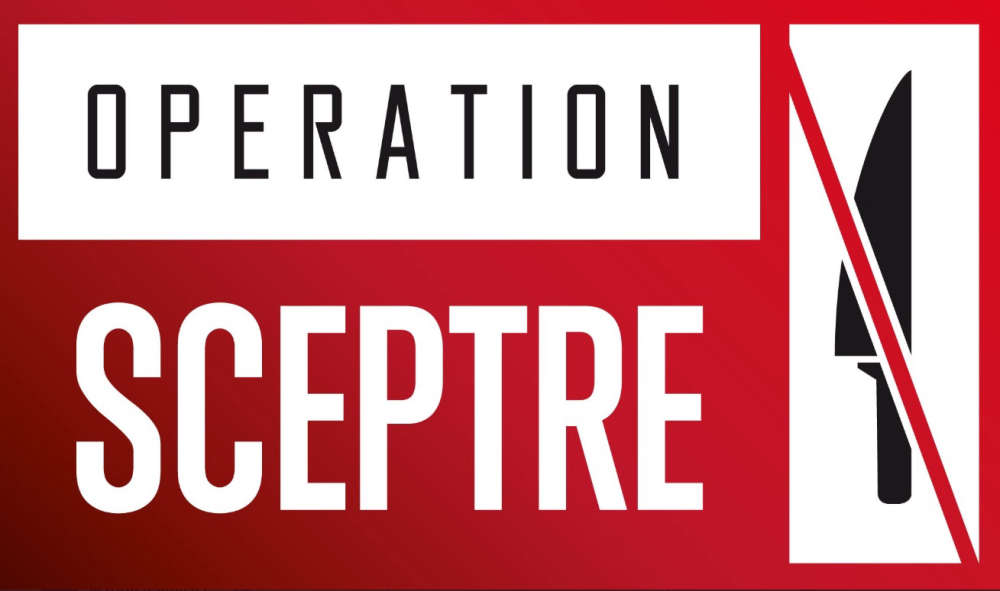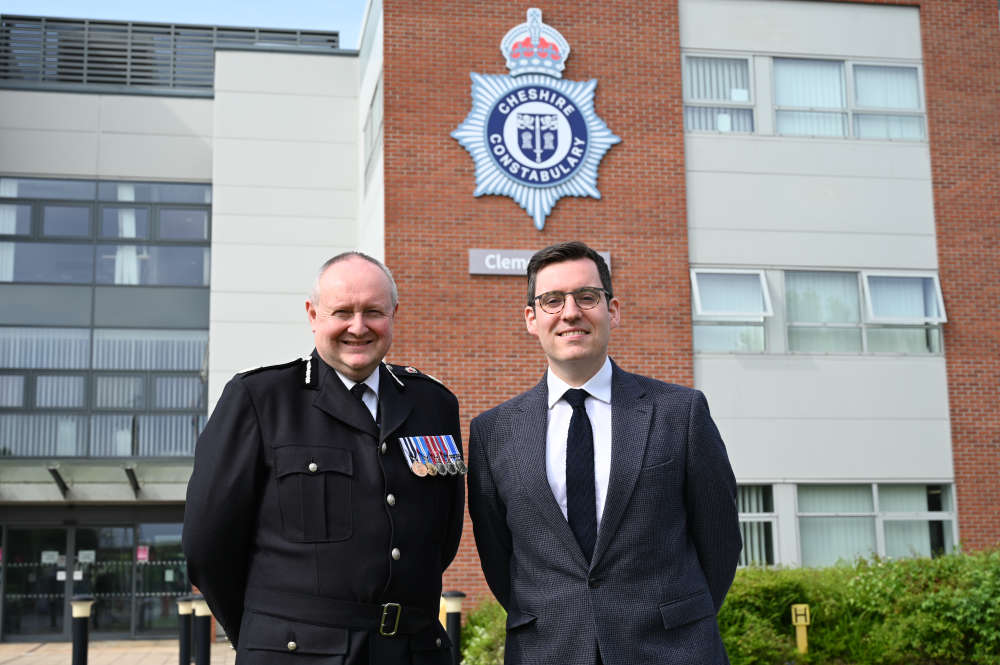
The Energy Networks Association (ENA) is warning homeowners to Think Before You Dig following a significant rise in the number of people being seriously injured by hitting underground cables.
New data shows a 20% year on year rise in reports of people hitting underground cables when digging, with a jump of 317% resulting in potentially lifechanging injuries since the end of June* – when DIY stores reopened, and construction resumed.
Research commissioned by the ENA reveals 79% of homeowners in the North West could risk facing life-changing injuries due to a lack of knowledge on how to dig safely in the gardens and under their homes, as many attempted outdoor projects during lockdown.
According to Energy Networks Association (ENA), nearly one in five (17%) homeowners in the North West have tackled outdoor construction projects in lockdown, with the same amount planning to do so in the next year. Eight in ten (80%) would personally attempt construction projects that require potentially dangerous digging; 17% would pave their driveway; 22% would install their own pond or water feature; and 13% would work on building a home extension.
However, almost two thirds (65%) of householders do not know how to check for underground electricity cables, while almost a quarter (23%) admitted lacking the knowhow to find out. Furthermore, 62% were unaware that underground electricity cables can be found at any depth, making even the smallest of outdoor projects (like gardening) potentially dangerous.
Underground cables run under the majority of domestic properties, such as houses, shops and offices. While buried and unnoticed, they silently work to power homes with electricity. They can carry voltages ranging from 230 volts and above and, when struck, people can experience life-threatening injuries from severe electric shocks, fires and explosions.
On average, 70 people suffer life changing injuries each year after accidentally striking underground cables whilst digging. The study by ENA, conducted with 1,000 UK householders, outlines basic safety knowledge gaps could be putting aspiring DIY-ers at risk.
In light of these worrying research results and with many cities facing a second lockdown, ENA is urging homeowners to ‘Think Before You Dig’ and consider the risks of underground electricity cables before starting any outdoor construction work.
Peter Vujanic, Chair of ENA’s Public Safety Committee says: “It’s great to see many people wanting to undertake serious DIY projects over the coming months but equally worrying to uncover the lack of basic knowledge needed to carry out this work safely. As we continue to spend more time at home, it’s the perfect opportunity to tackle some of those jobs you may have otherwise been putting off. However, our survey shows a worrying number of people could be at risk of endangering themselves by digging unsafely when doing DIY.
“Underground electricity cables often go unnoticed and unthought of, with more than half of UK homeowners having never checked for them before. However, if uncovered or struck, they can be extremely dangerous. That’s why ENA is urging people to think before they dig. You must be aware of what is underground before starting work that involves breaking ground and plan your work accordingly. Stay safe and Think Before You Dig.”
To raise awareness of the dangers of underground electricity cables, ENA has launched a new emotive safety film, urging everyone to ‘Think Before You Dig’. The thought-provoking film showcases the dangers of working near underground electricity cables, following the story of a construction worker and the devastating emotional and physical impact an accident can have. The film can be viewed here https://www.energynetworks.org/thinkbeforeyoudig.
If you are planning to do some digging over the coming months, stay safe and plan ahead by following Energy Network Association’s ‘Plan, Scan, Think Before You Dig’ guidance. If in doubt, contact your local electricity distribution network operator before you start work or call 105 for emergencies.
For more information on underground electricity cables and how to dig safely near them, please visit the Energy Networks Association website at: www.energynetworks.org/thinkbeforeyoudig.
Energy Network Association’s ‘Think Before You Dig’ DIY tips:
- Plan ahead - Before you start, you should contact your local energy network operator to source the electricity and other utility plans for your property
- Scan and identify - Once received, you should use a Cable Avoidance Tool (CAT and Genny) to locate all of the cables shown on the plans, marking their location on the ground surface as you go
- Use your hands – Once identified, you can begin to hand-dig trial holes to find their exact position; do not use a mechanical excavator / drill for this
- If in concrete, make a call - If you find an underground cable embedded in concrete always assume it is live and do not attempt to break it out. Instead, you should contact your electricity network operator to ensure it is de-energised
- Know when to vacate - If you damage an underground cable, vacate the excavation immediately, phone your electricity network operator’s emergency number, or 105, and keep everybody clear
- Know who to call - In case of an emergency, immediately phone 999 and your local electricity network operator on the national number; call 105 for GB (or 03457 643 643 in Norther Ireland).
About the research
Research carried out by 3gem on behalf of the Energy Networks Association in October 2020. Total sample size was 1,000 people across the UK, aged 18 – 65, 128 people were surveyed in the North West.
* HSE data shows:
- Nationally, reports of cable incidents since the lockdown ended have arisen by 46% since July, with 325 reported cable incidents between April – June and 475 between July – September
- A 317% rise this year in confirmed injuries as a result of striking an underground cable since July, when shops re-opened (Q2 6 injuries reported and Q3 25 injuries)
- In 2019 (between July and September) there were 395 reports of cable damages, compared to 475 in 2020 (20% increase)
--------------------
Energy Networks Association (ENA)
The Energy Networks Association (ENA) is the voice of networks representing the ‘wires and pipes’ transmission and distribution network operators for gas and electricity in the UK and Ireland.
In Great Britain, there are 6 electricity Distribution Network Operators (DNO) that are responsible for the electricity networks that deliver energy from the national transmission networks into people’s homes and businesses 24 hours a day, 365 days a year. Further information on the UK’s DNOs can be found via the ENA website, at: http://www.energynetworks.org/info/faqs/electricity-distribution-map.html
The following websites can be used as further reference points:
- ENA Public Safety Leaflets: https://www.energynetworks.org/keeping-you-safe/
- ENA ‘Watch Out, Cables About’ safety advice: https://www.energynetworks.org/watch-out-cables-about
- Health & Safety Executive advice on avoiding dangers when working near underground utilities: https://www.hse.gov.uk/pubns/books/hsg47.htm
- Utility Strike Avoidance web site: https://www.utilitystrikeavoidancegroup.org
- Linesearch Before U Dig web site: https://www.linesearchbeforeudig.co.uk/


 Rural Crime Team equipped with mobile defibrillators
Rural Crime Team equipped with mobile defibrillators
 New online hub for the Dee Estuary
New online hub for the Dee Estuary
 Chester and Wirral Football League - Latest Results
Chester and Wirral Football League - Latest Results
 Is being a wholetime firefighter the job for you?
Is being a wholetime firefighter the job for you?
 Still time to have your say on Council’s adult social care strategy
Still time to have your say on Council’s adult social care strategy
 RISING YOUNG MUSICAL THEATRE STAR SET TO JOIN CHESTER CHOIR AS SPECIAL GUEST
RISING YOUNG MUSICAL THEATRE STAR SET TO JOIN CHESTER CHOIR AS SPECIAL GUEST
 CHESHIRE WOMEN’S CRICKET LEAGUE - LATEST RESULTS
CHESHIRE WOMEN’S CRICKET LEAGUE - LATEST RESULTS
 Local MP has pledged support for those suffering with endometriosis
Local MP has pledged support for those suffering with endometriosis
 Make History: Build a Future Free From Homelessness
Make History: Build a Future Free From Homelessness
 Council prosecutes Chester businesses for illegal tobacco offences
Council prosecutes Chester businesses for illegal tobacco offences
 Cheshire Constabulary to support national operation to cut out county-wide knife crime
Cheshire Constabulary to support national operation to cut out county-wide knife crime
 Chester FC Community Trust marks Mental Health Awareness Week
Chester FC Community Trust marks Mental Health Awareness Week
 CLASSICAL MUSIC STARS OF THE FUTURE SET TO TAKE CENTRE STAGE AT CONCERT SEASON FINALE
CLASSICAL MUSIC STARS OF THE FUTURE SET TO TAKE CENTRE STAGE AT CONCERT SEASON FINALE
 Foster Care Matters Fostering Agency launches in Chester
Foster Care Matters Fostering Agency launches in Chester
 CHESTER FC ARE HEADING TO THE ISLE OF MAN
CHESTER FC ARE HEADING TO THE ISLE OF MAN
 Man jailed for drug dealing in Ellesmere Port
Man jailed for drug dealing in Ellesmere Port
 Chester Zoo Partners with DSN to Launch British Sign Language-Interpreted Videos
Chester Zoo Partners with DSN to Launch British Sign Language-Interpreted Videos
 Officers continue to urge Cheshire residents to remain vigilant against courier fraud
Officers continue to urge Cheshire residents to remain vigilant against courier fraud
 Dan Price takes office as Police and Crime Commissioner for Cheshire
Dan Price takes office as Police and Crime Commissioner for Cheshire